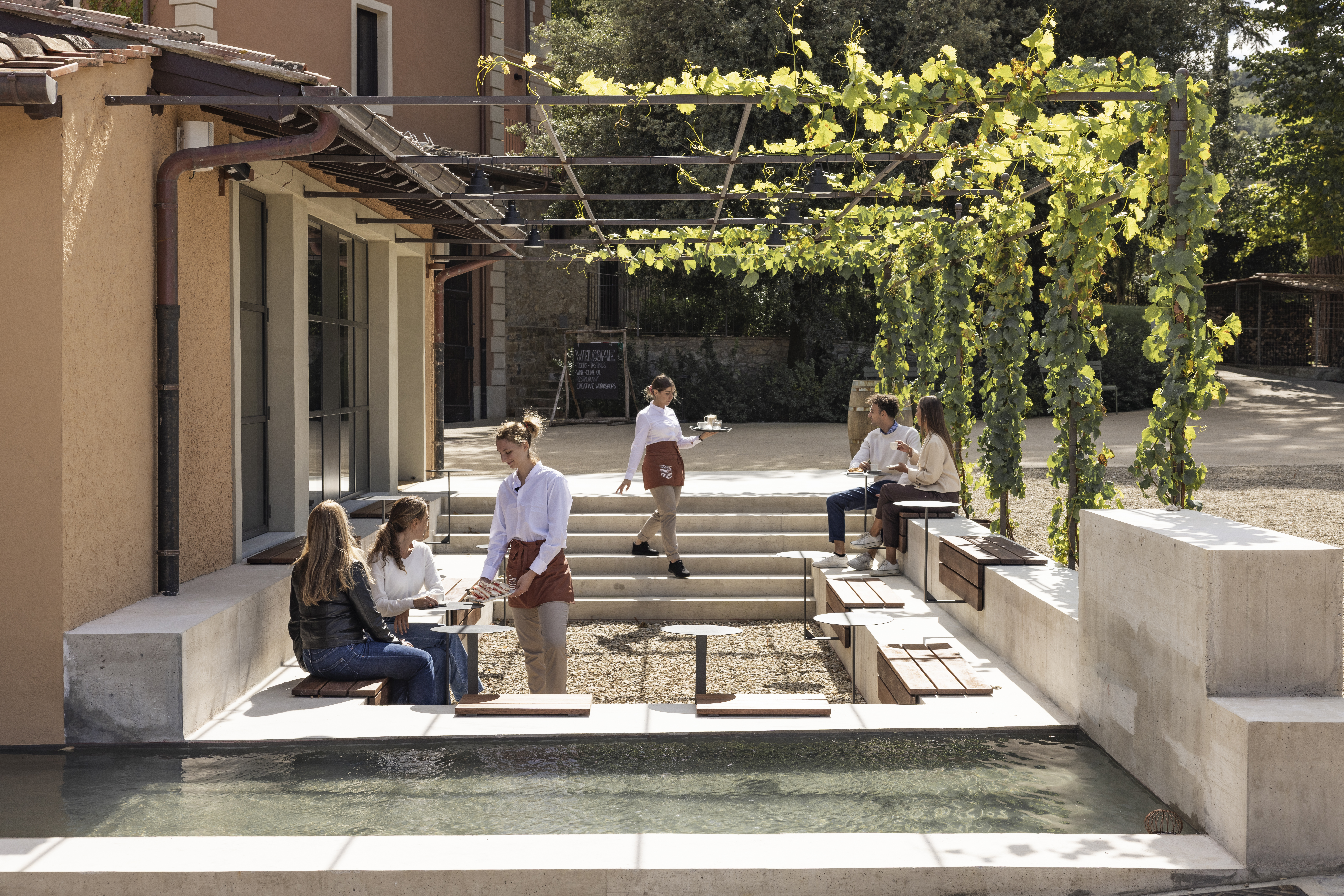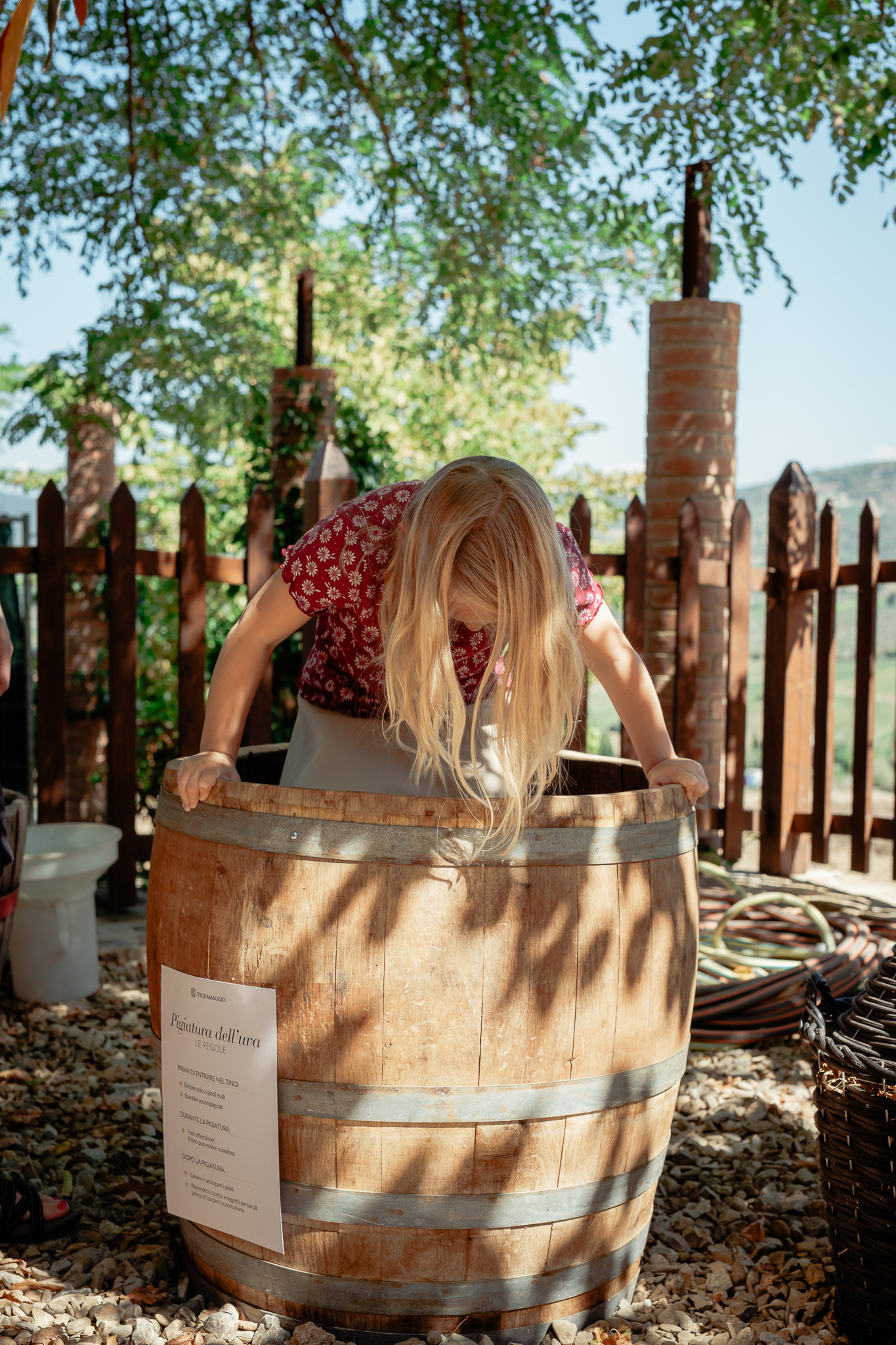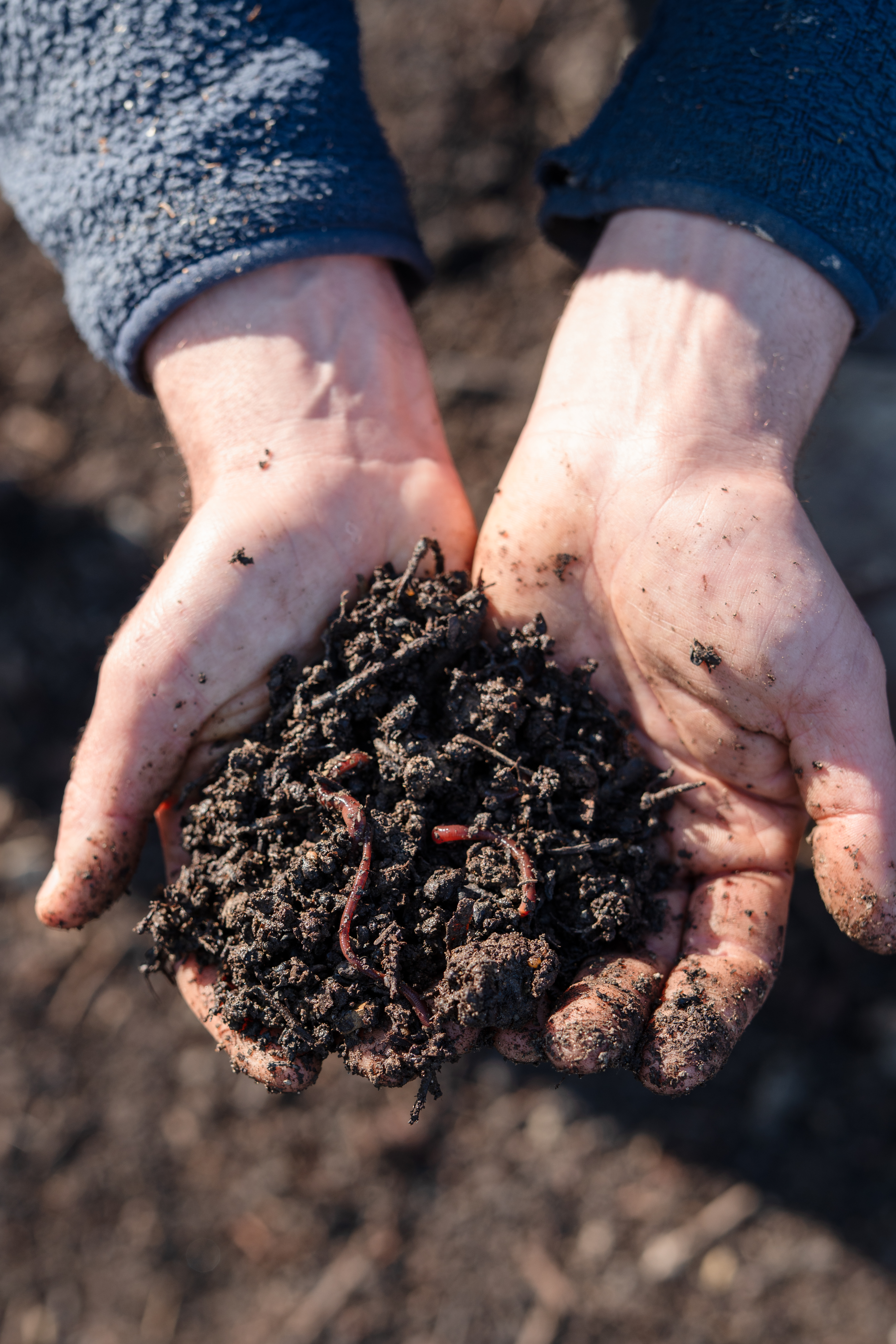By observing what occurs spontaneously in nature, Japanese agronomist Masanobu Fukuoka, a century ago,  developed an agricultural philosophy based on four principles he applied to a ‘natural farming’ approach that works in complete harmony with nature, without polluting it.
developed an agricultural philosophy based on four principles he applied to a ‘natural farming’ approach that works in complete harmony with nature, without polluting it.
- No ploughing or tilling, because root penetration and the work of tiny organisms like insects, earthworms and other minute creatures do this naturally;
- No chemical fertilisers, because undisturbed soil retains and develops its own physical, chemical and biological fertility;
- No interference at all, weeds are controlled but not completely eliminated;
- No use of chemical products, because if left undisturbed, nature will balance itself perfectly.
Based on these principles, Vignamaggio has decided to create a small experimental vineyard of 1500 m2 planted with Sangiovese, at a density of 28.570 stumps per hectare (a metre between rows and 35 cm between plants).
The soil is not ploughed and the only intervention is cutting the grass between the rows and laying a straw mulch around the plants to increase moisture retention in the ground and to reduce weeds. This creates an ideal environment for soil microorganisms to thrive in.
The plants are alberello or ‘head trained’ with the aim of producing no more than two bunches per plant (300/400g of grapes). Strong competition between plant and soil ensures that vegetative growth is contained.







